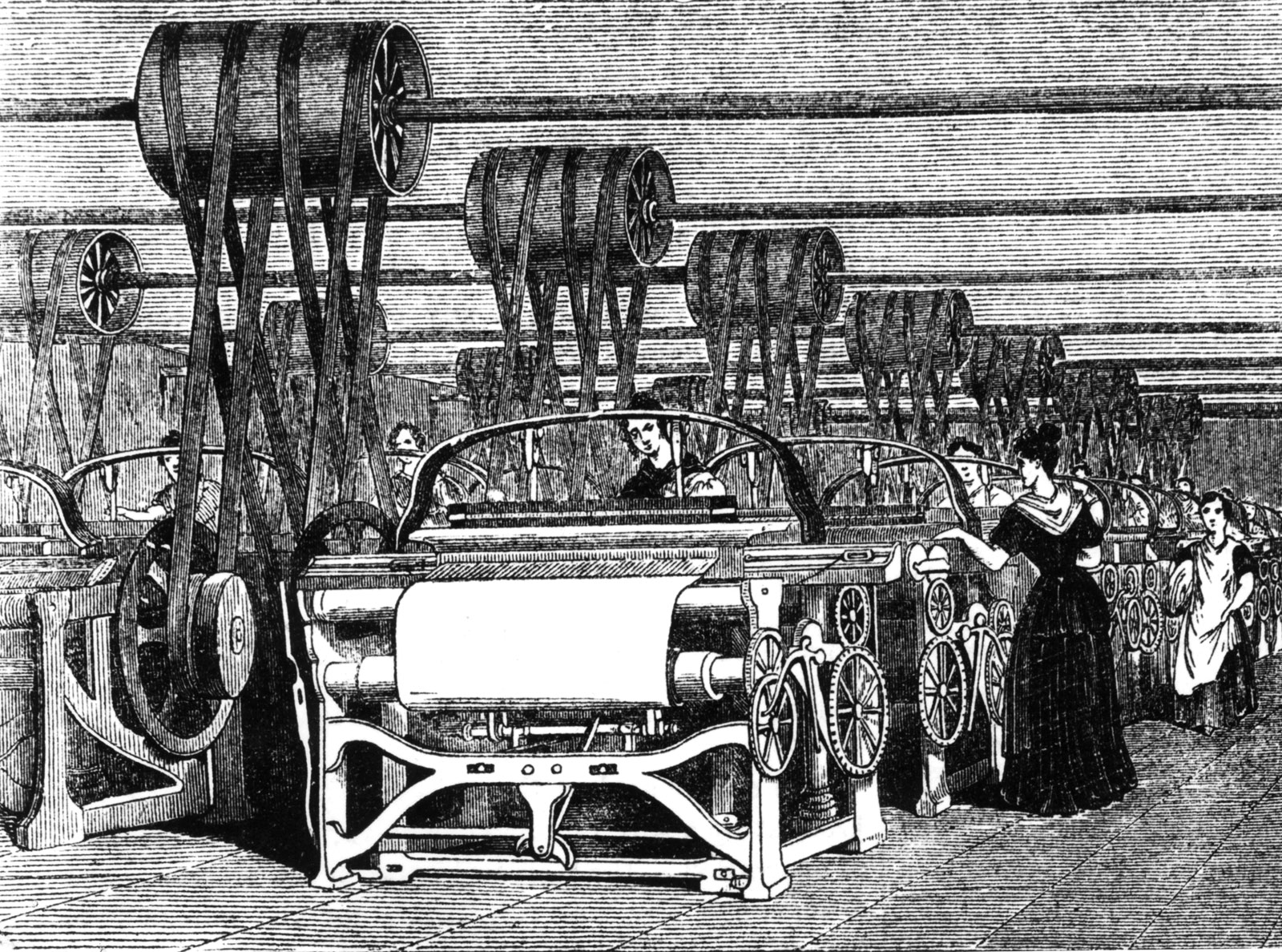This is partly true, but in a misleading way. New technology has often displaced people from their traditional occupations, but in doing so it has created the wealth that has enabled vastly more jobs to be created than were lost. Agricultural technology meant far fewer jobs for farm workers, but it also meant cheaper, more abundant food that left people able to afford things sustained by newer jobs. A similar effect occurred with early textile technology. Spinners and weavers were displaced, but cheaper, mass-produced textiles enabled people to afford other things that led to other jobs. This is how economic progress is made. People develop new products and new processes that people prefer over what they were doing before. Jobs are lost and more are created as part of that churn.
Voices are often raised against the change, especially by those affected, with calls for restrictions to be imposed on new technology in the name of protecting jobs. Sometimes it has led to violence. The Luddites smashed machinery, while the Saboteurs were named from throwing their wooden shoes (sabots) into the machines to wreck them. This was done in a vain attempt to halt the march of progress.
New technology can bring hardship upon those affected by it, and some of those displaced can find it hard to secure alternative employment. Governments, rather than attempting to stop new technology, sometimes try to ameliorate some of its effects by funding schemes that help retrain and if necessary relocate those most affected by it.
Sometimes people will ask where the new jobs will come from if technology displaces traditional ones. The question cannot be answered because the future is inherently unpredictable. New technology makes things cheaper, and that leaves people richer, with more money to spend on other things. We don't know what those other things will be, but we do know that they will involve new types of jobs. New technology, in making manufactured good cheaper, has left people with more to spend on services industries, and there are more jobs in total than there were. This is how new technology works. It destroys some jobs and creates more.


